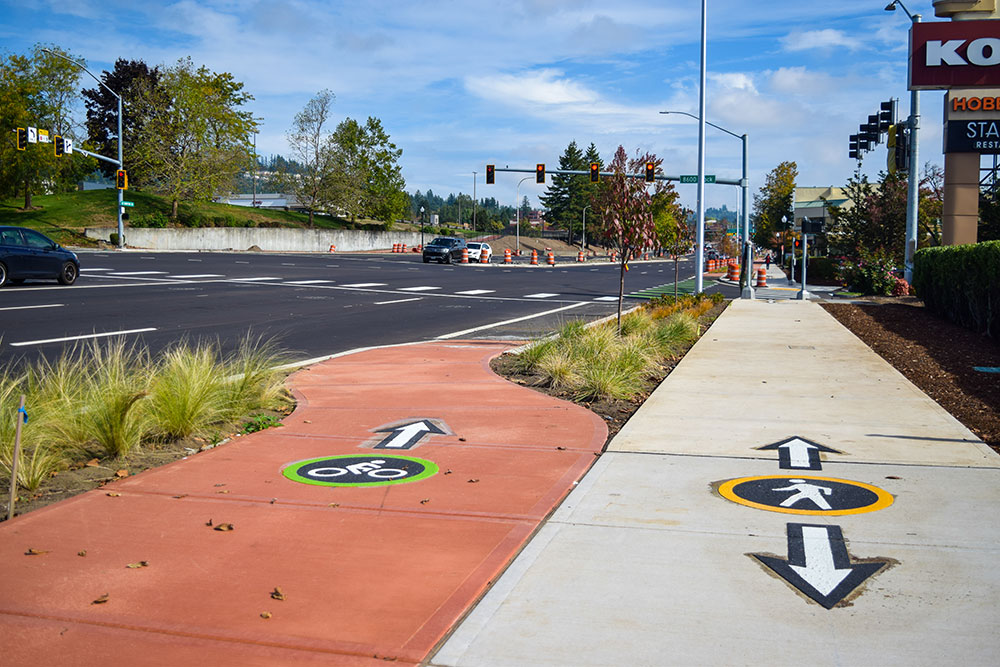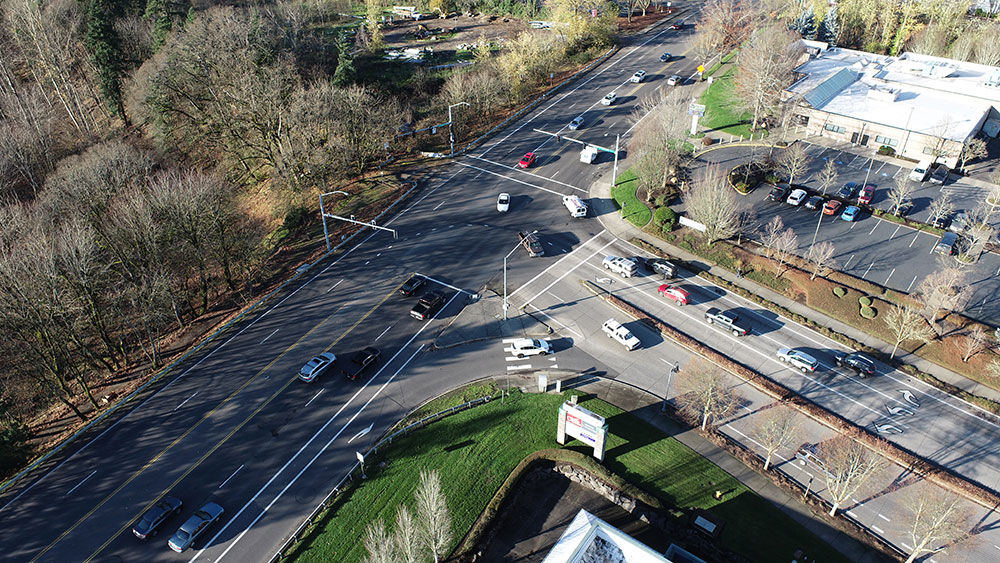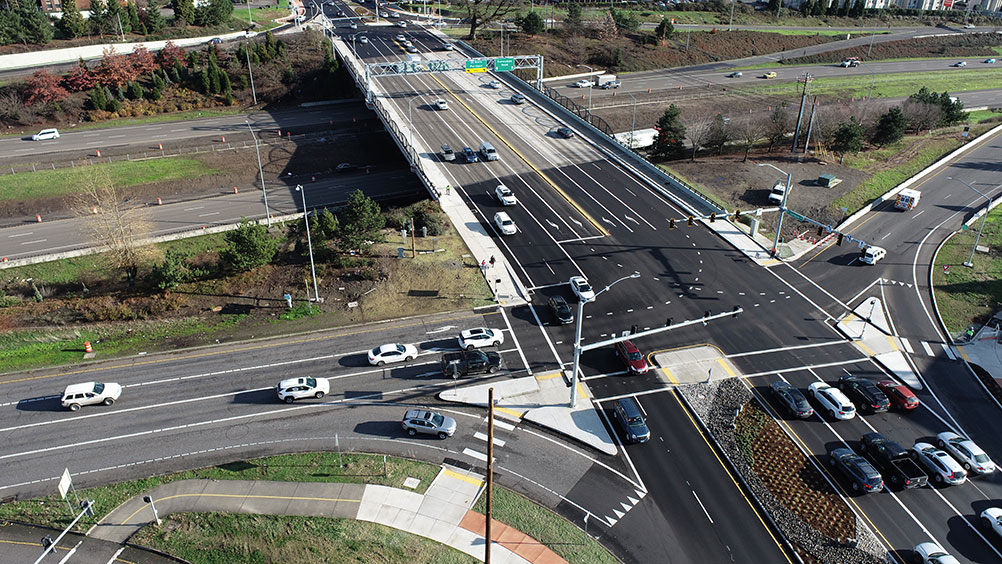Resurfacing Projects Planned Five Years in Advance
The 5-year pavement management plan
The following roads are scheduled for resurfacing in the next five years. There are many variables that go into planning treatments to extend the life of the roads based on the rate at which they deteriorate, so projects and their order may change, or specific roads may be removed or added. Road construction contractors are hired to complete these projects through a competitive bid process.
Choosing roads for resurfacing
While it might seem like it makes sense to pave the worst roads first, totally reconstructing a road can be up to ten times more expensive than planning for resurfacing treatments to extend the life of a road. Our pavement management plan will help to reduce the number of roads that reach the level of reconstruction, which means we can improve the quality of more roads each year.
First, we determine the condition of our 1,400 miles of roadway. Every year, we rate the condition of 50% of main roads and 25% of local roads using technology that inspects the surface condition as well as tests that provide data on the road structure that is not visible. We use software to predict the deterioration rate of pavement with a score between 0 and 100 to determine which roads would be best to repair. Using this information, we are able to plan resurfacing projects within the limits of our annual budget.
Our county goal is to maintain a pavement condition index at 70 or higher.
To reach this goal, we use surface treatments like chip seal and slurry seal to extend the life of roads and repave roads before total reconstruction is needed.
- Chip seal
To extend the life of main roads in good condition, a chip seal is applied about 10 years after paving to seal any small cracks that may be forming and restore a flexible surface to the roadway. This may be done two or three times to stop water from seeping through the surface and damaging the pavement and road base. A chip seal adds about 7-10 years to the life of asphalt. - Slurry seal
To extend the life of local roads in good condition, a slurry seal is applied to improve traction, repel water from the surface and to slow deterioration. This may be done two or three times to stop water from seeping through the surface and damaging the pavement and road base. A slurry seal adds about 5-7 years to the life of asphalt. - Paving
When a road has significant cracking, or is failing due to issues under the surface, then we need to repave sections of road. Paving adds structure to the road and fixes distressed areas. Part of paving work includes improving drainage along the roadway, improving rock or paved shoulders and restriping the road. A repaved road has a life expectancy of 15-20 years with regularly scheduled maintenance and 20-30 years with regularly scheduled surface treatments.
Our team monitors this data every year and makes adjustments as necessary to preserve the life our roads while using our limited resources wisely.
Project Funding
Road resurfacing is paid for by the County Road Fund and state gas taxes (HB2017), and the Community Road Fund. The Community Road Fund pays for projects on select local roads that would not be possible without this local source of funding.
 Translate
Translate










